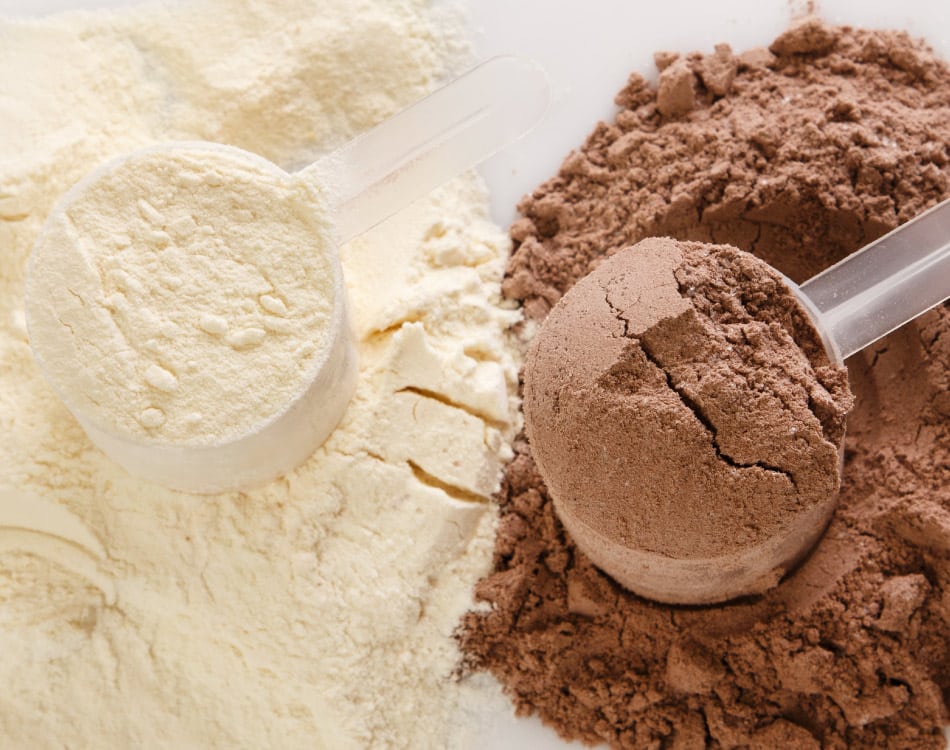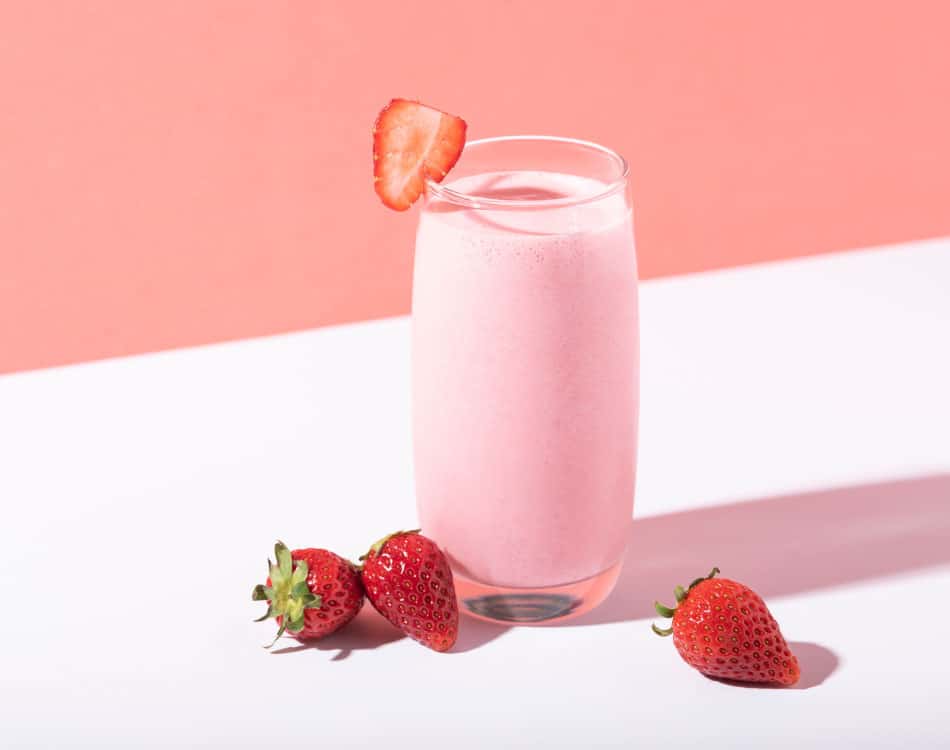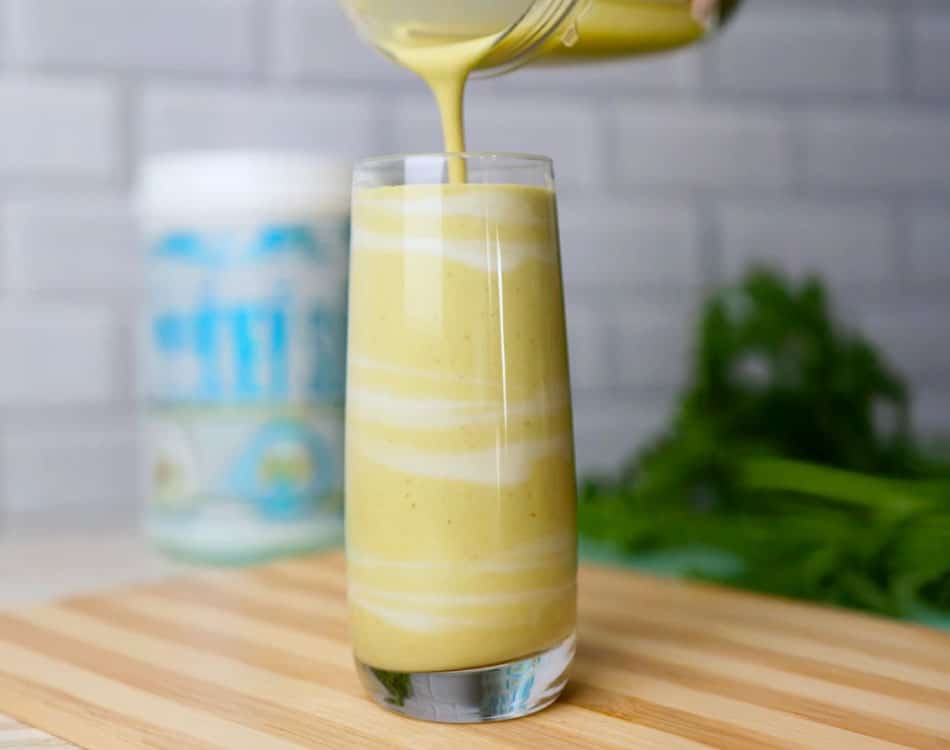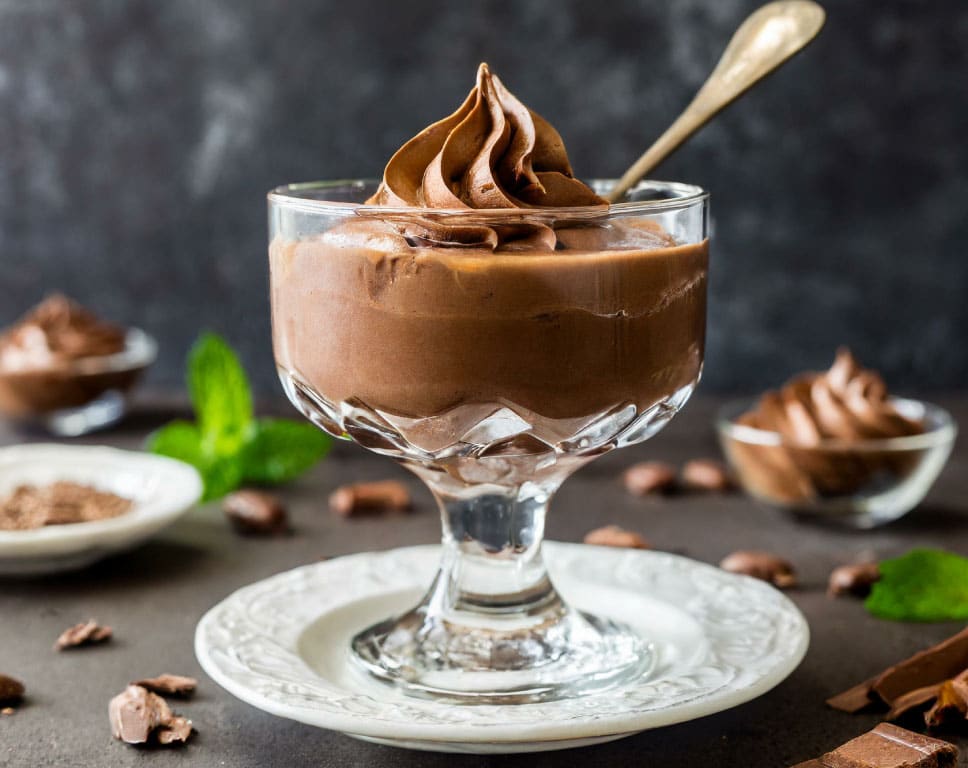For decades, dairy-derived whey protein has reigned supreme as the standard by which we measure all other protein supplements.
Whey is a supplement staple in the cupboard of anyone who is serious about adding muscle and optimising recovery for numerous reasons but plant proteins have grown in popularity in recent years due to their many benefits and comparable results.
READ MORE | Discover The World Of Protein Options
Whey benefits
Whey is generally considered the gold standard in proteins because it has a complete amino acid profile, including all nine essential amino acids – those that your body can’t produce on its own – including the beneficial branched-chain amino acids (BCAA).
Whey is also rich in leucine, a potent amino acid that the body needs to rebuild muscle during the recovery process and can also reduce muscle breakdown during exercise.
Perhaps more importantly for the recovery process, whey is highly bioavailable. That means your body rapidly digests whey protein to absorb and deliver its constituent amino acids to recovering muscles quicker than other protein sources.
As such, amino acid concentrations rise rapidly after drinking whey protein, peaking within 100 minutes. These amino acid levels then return to normal within five hours, which supports muscle recovery and growth after exercise and throughout the day.
Among the three main whey variants, whey hydrolysate has the highest bioavailability because it goes through multiple processing steps.
Whey isolate is less processed than a hydrolysate so is slightly less bioavailable, but still digests faster than the most common and least processed form, whey concentrate.
Manufacturers typically produce of blend that contains all three variants in the formulation to deliver fast, medium and slower release profiles.
READ MORE | Protein Absorption Rates Explained
LivingFit Recommends:
- USN Blue Lab 100% Premium Whey
- Evox 100% Whey Protein Advanced
- Biogen Iso-Whey Premium
- Primal Whey Protein
- NPL Platinum Whey
Plant proteins
More recently, plant protein supplements have become popular options. However, many people believe that plant protein is inferior to whey because most plant protein sources lack certain amino acids – they have incomplete profiles.
While this is true, supplement manufacturers mix multiple complementary plant protein sources together to deliver a finished product that contains all the amino acids your body needs in the appropriate doses.
For example, pea protein is an incomplete protein but it is also highly bioavailable, which makes it a popular option as an alternative to whey. To cater to this demand, supplement manufacturers typically blend it with other plant-based protein sources such as hemp or rice protein to deliver a complete amino acid profile.
And there are also a few plant-based proteins that have a complete amino acid profile, like hemp protein. However, this plant protein is low in the amino acids lysine and leucine and is, therefore, often paired with other plant-based protein sources to compensate for the shortfalls.
Soy protein, which extracted from the soybean plant, is another complete protein and is often considered the most effective plant-derived source for building or maintaining muscle. Soy also contains important substances like saponins, phytosterols and isoflavones. Saponins support healthy immune function and help to reduce cholesterol absorption in the body. Phytosterols also help to maintain cholesterol levels, while isoflavones are powerful antioxidants.
While there has been significant controversy around soy and its effect on hormone production, specifically increased oestrogen levels, most claims are unsubstantiated.
In fact, this claim was debunked in a review of studies that used soy protein in athletic situations, which found no evidence that oestrogen levels increased after ingesting soy protein.
READ MORE | Change The Recovery Game With Plant Protein
LivingFit recommends
- USN Blue Lab 100% Plant Protein
- Biogen Plant Based Protein
- NPL Vegan Protein
Comparable to whey
And brown rice protein, which has a near-complete amino acid profile, was also found to have similar, if not better results than whey in a study conducted on MMA fighters.
The study conducted by researchers at the Florida International University showed that athletes who drank a brown rice protein supplement during training experienced statistically similar results to those who used animal-based whey.
The results, which were published in the Journal of the International Society of Sports Nutrition, suggest that brown rice protein may be just as effective as animal-based whey protein for building and maintaining muscle.
READ MORE | Protein Blending Is Trending
Health benefits
And, in general, plant proteins also contain a host of other beneficial essential nutrients, including vitamins, minerals and other phytonutrients.
In addition, certain plant-based protein offer those with lactose intolerance an alternative to whey or casein.
READ MORE | Your Guide To Navigating The Protein Supplement Aisle To Your Local Dis-Chem
Which is best?
As both protein supplement options offer similar amino acid profiles, with minimal disparities in bioavailability, the choice ultimately boils down to which protein fits best with your lifestyle.
Are you trying to consume less animal protein in your diet for your health and digestion, or to benefit the environment? Do you suffer from digestive issues linked to dairy? If you answered yes to any of these questions, then plant protein offers a suitable alternative to your trusted tub of whey protein.















